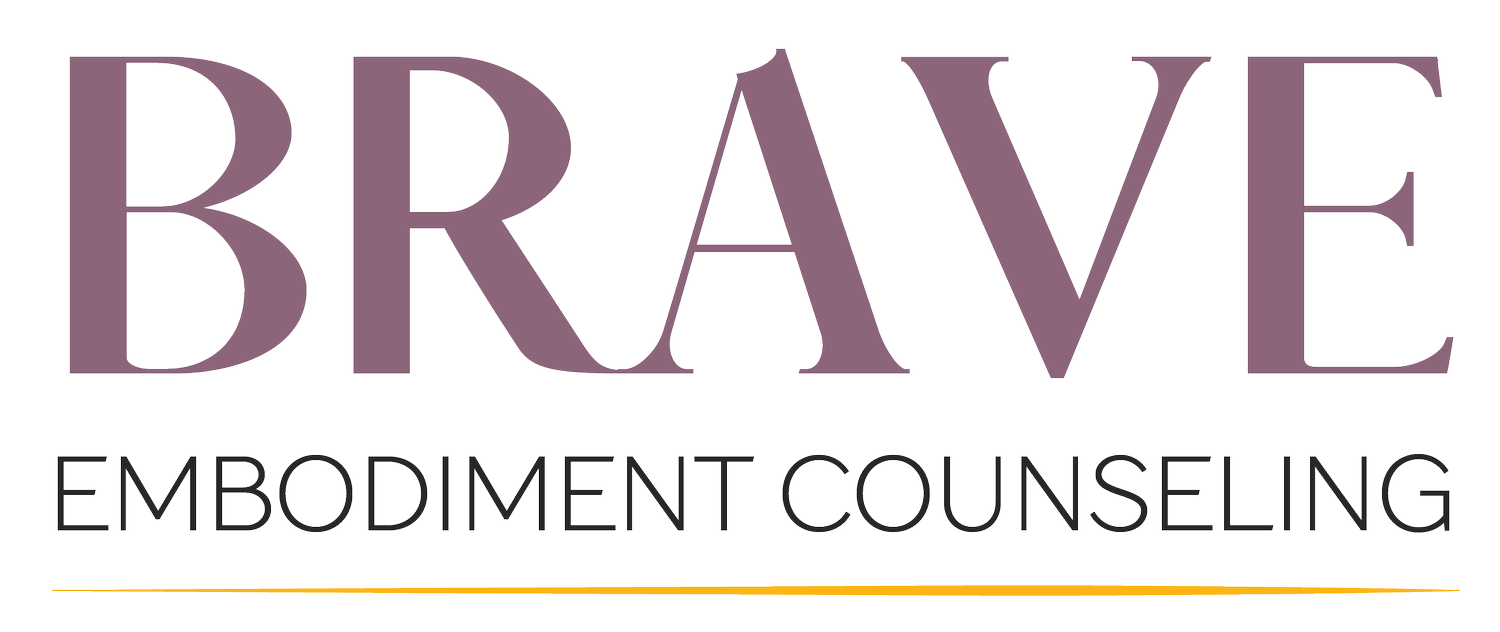From Dysthymia to Bipolar: The Four Shades of Depression
Did you know that there are 4 different kinds of depression?
Yeppers, it’s true.
The DSM (Diagnostic and Statistical Manual, used for diagnosing mental health disorders) identifies 4 main types of depression: Major Depressive Disorder, Persistent Depressive Disorder, Seasonal Affective Disorder and Bipolar Depression.
Curious to know more? Keep reading for a brief description of each type, as well as, a list of symptoms that are specific to each kind of depression.
Major Depressive Disorder (MDD)
Often simply called depression and is characterized by a persistent feeling of sadness or lack of interest. To be diagnosed with MDD a person must experience at least 5 of the following symptoms during the same 2-week period, with at least 1 of the symptoms being either depressed mood or loss of interest or pleasure:
Depressed mood most of the day, nearly every day
Markedly diminished interest or pleasure in all, or almost all, activities most days
Significant weight loss or weight gain (when not dieting), or a decrease or increase in appetite
Insomnia or hypersomnia nearly every day
Restless or slowed down movement in the body nearly every day
Fatigue or loss of energy nearly every day
Feelings of worthlessness or excessive or inappropriate guilt
Diminished ability to think or concentrate, or indecisiveness
Recurrent thoughts of death, recurrent suicidal ideation without a specific plan, or a suicide attempt or specific plan for committing suicide
Persistent Depressive Disorder
Also known as dysthymia, which is a chronic form of depression. The symptoms are not as severe as major depressive disorder, but they last much longer. For a diagnosis, a person must experience depressed mood for most of the day, for more days than not, for at least 2 years, along with at least 2 of the following symptoms:
Poor appetite or overeating
Insomnia or hypersomnia
Low energy or fatigue
Low self-esteem
Poor concentration or difficulty making decisions
Feelings of hopelessness
Seasonal Affective Disorder (SAD)
A type of depression that occurs at a specific time of year, usually in the winter when there is less natural sunlight. Symptoms of SAD include:
Depressed mood
Lack of energy
Difficulty concentrating
Changes in sleep patterns, such as sleeping too much
Changes in appetite or weight, typically with a craving for carbohydrates
Loss of interest in activities once enjoyed
Feelings of hopefulness or worthlessness
Social withdrawal (feeling like “hibernating” instead)
Bipolar Disorder (Bipolar Depression)
Bipolar Disorder involves episodes of both depression and mania or hypomania. Bipolar depression refers to the depressive episodes of this disorder. Symptoms during these episodes are similar to those of major depressive disorder and include:
Depressed mood
Loss of interest or pleasure in most activities
Significant weight loss or weight gain
Insomnia or hypersomnia
Psychomotor agitation or retardation
Fatigue or loss of energy
Feelings of worthlessness or excessive guilt
Diminished ability to think or concentrate
Recurrent thoughts of death or suicide
Bipolar disorder is categorized into:
Bipolar I Disorder: manic episodes lasting at least 7 days, or manic symptoms that are so severe that immediate hospital care is needed. Depressive episodes occur as well, typically lasting at least 2 weeks.
Bipolar II Disorder: a pattern of depressive episodes and hypomanic episodes, but not the full-blown manic episodes that are typical of Bipolar I Disorder.
As you can see, each type of depression has its own unique characteristics and diagnostic criteria as well as some overlap with other depressive disorders. Knowing some general information and symptoms of each type can be incredibly helpful to you, or a loved one, getting the right kind of care.
If you find yourself wanting to know more, reach out to us! We can easily set up a free consultation with you to answer your questions and get you connected to the right kinds of care if that’s something you or your loved one would like.
Connect with us for a free consultation by filling out the form on our contact page or call us at 720-923-3033.
